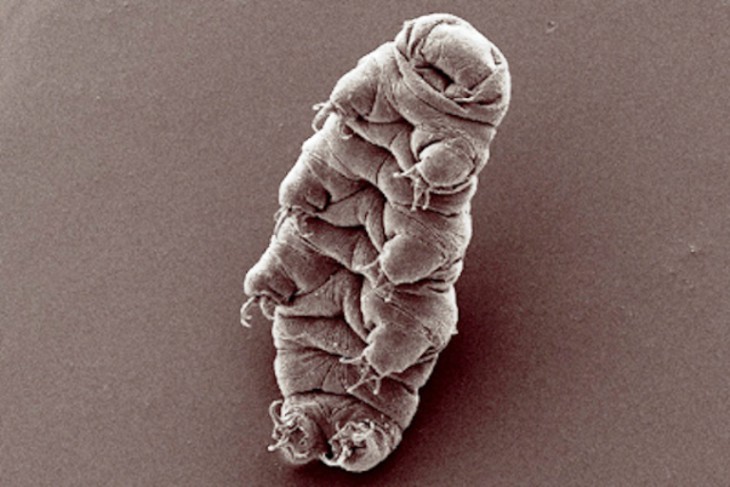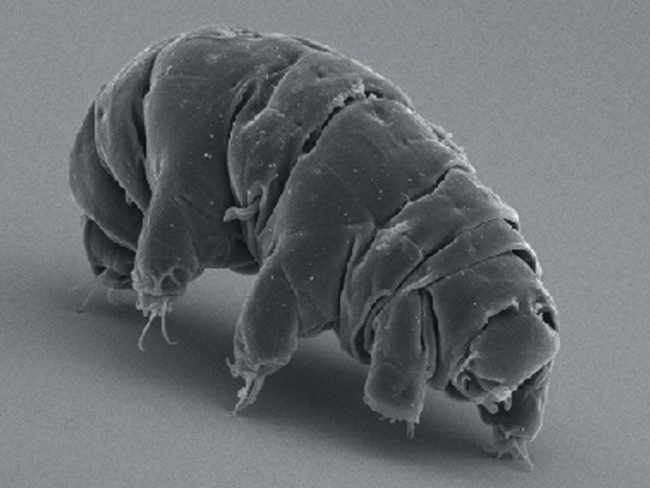
Japanese scientists announce the successful return to the life of the animal, which was frozen last 30 years. On successful completion of the experiment, said the national Institute of polar research in Tokyo. The object of the experiment was to tykodi, which scientists have found in Antarctica over 30 years ago.
Tardigrades, also known as “water bear” — being very small. The length of their bodies rarely exceed 1 millimeter. This creature is considered one of the most enduring organisms on Earth. They don’t care about the harshest conditions. They easily survive in a nuclear explosion and even being in space in a vacuum. In the experiment tardigrades within 20 months withstood stay in liquid oxygen at a temperature of -193 degrees Celsius, eight hours of cooling with liquid helium with a temperature of -271 degrees Celsius, successfully endured the heat to 100 degrees Celsius. When exposed to ionizing radiation in x-rays 570 000 died only 50 per cent of animalcules. For humans, we recall, a lethal dose of radiation is 5,000 REMS.

According to recent research published in the journal “Cryobiology”, Japanese scientists have found the animalcules in the moss during the expedition to Antarctica in 1983. Scientists decided to experiment and froze the creatures to -20 degrees Celsius. In may 2014 they successfully thawed.
“Tykodi have successfully adapted to life after it thawed. Everything goes according to plan”, — said one of the scientists of the National Institute of Japanese newspaper the Independent.
But the most interesting thing that brought to life tykodi after some time gave birth, leaving 19 eggs, 14 of which hatched successfully. No defects or anomalies among the newborn of animalcules scientists were noted.
Previously, scientists have already frozen the other animalcules 9 years, after which they were successfully resuscitated, but this is the first time a living creature brought back to life after more than 30 years krisna.
